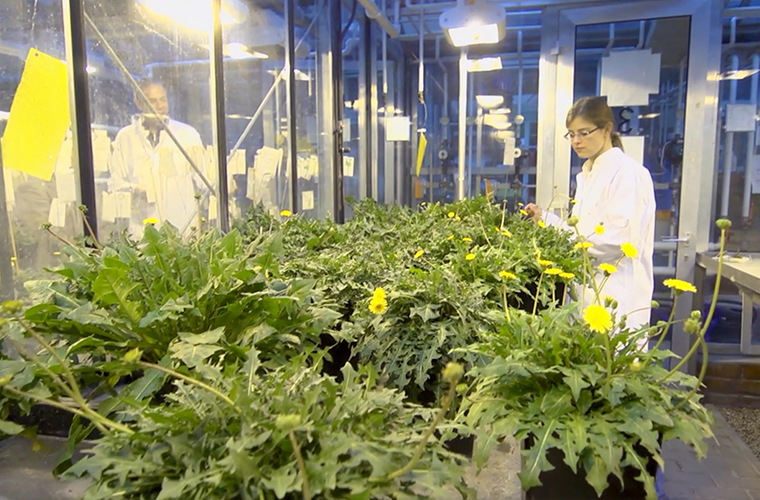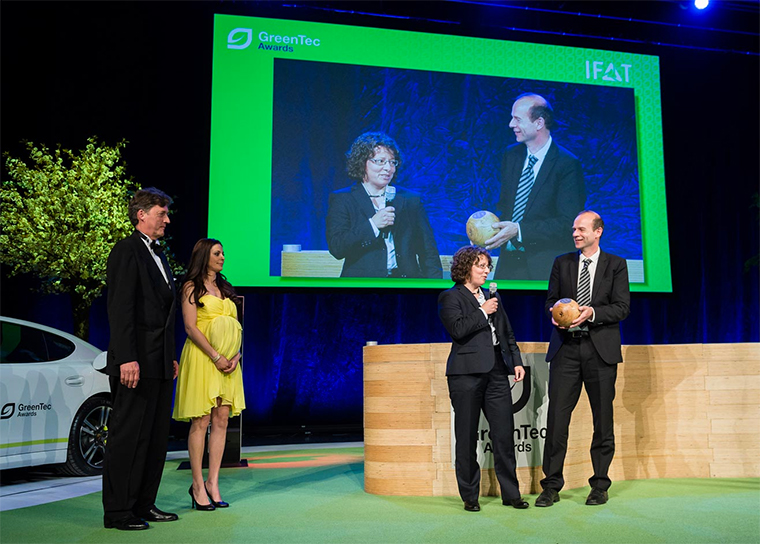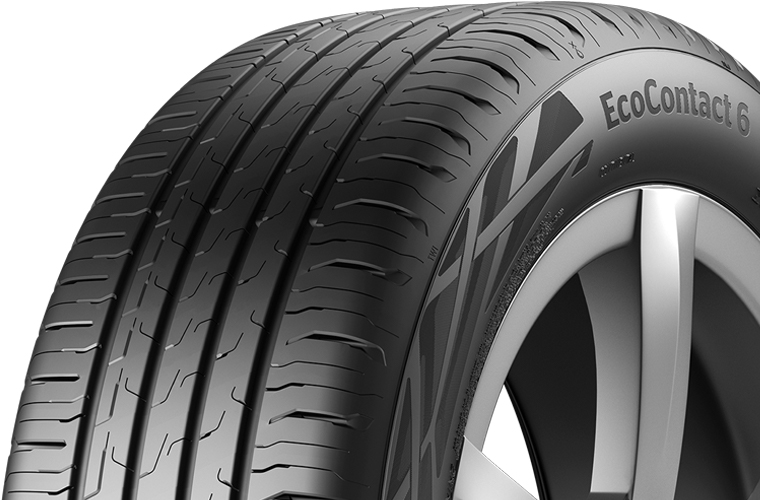Calculating the current number of cars at any one time on our planet is problematic. Fundamentally, it’s an inexact science, since every calculation and research paper on this subject can only offer an estimate. The most recent studies indicate that as of right now there are thought to be approximately 1.2 billion cars on the world’s roads.
That’s an astonishing figure and begs the question, how can we reasonably expect to sustain such a huge number of private vehicles? As if not alarming enough, consider this; the figure is anticipated to double over the next 30 years.
Some estimates suggest that by 2050, we could be living with around 2.5 billion cars on our planet. This represents a massive challenge for the planet in terms of sustainability, particularly with regard to the strain upon the rubber industry. There are already concerns about the deforestation of precious ecosystems, cleared to make way for rubber plantations.
At Continental, the leading automotive safety and technology company have committed a considerable amount of resources to solving this issue. The answer could lie within the roots of a plant many know as a garden pest.
The Dandelion from the East
Taraxacum kok-saghyz – the Russian dandelion – is not quite the plant you find troubling your flowerbed, however. In fact, it’s a relative of the dandelion found growing in gardens across Europe and North America. This species of dandelion is a native to Kazakhstan, Kirghizia and Uzbekistan. It transpires that only in this particular weed is it possible to find the potential to create natural rubber of a high enough quality to become a Continental tyre.
Producing Continental tyres from this humble dandelion is a huge environmental success story. Traditional rubber trees only grow in a small part of the world, on or close to the Equator. In contrast, the Russian dandelion is capable of growing in a wide variety of sites across a large portion of the planet, particularly on non-agricultural land like industrial sites. In developing the methods to grow, harvest and develop natural rubber from this plant, countless areas of rainforest could be preserved, with the world not requiring so much rubber from these precious ecological regions.

The name of the new tyre is Taraxagum
Following years of research, testing and development, Continental’s ‘Taraxagum’ tyres are very close to coming to market. Over the last few years, extensive testing has been undertaken, both in Germany at the Contidrom proving grounds near Hanover, as well as at the harsh, sub-zero winter testing zone in Arvidsjaur, Sweden.
At the heart of every Continental tyre is safety, something they never compromise on. Following this rigorous, unrivalled testing programme, the results showed that Taraxagum tyres perform at the same high level as all other Continental tyres, delighting the scientists and engineers involved in the project, as well as the broader scientific and environmental community.
Taraxagum – an award-winning project
Continental Tyres, in collaboration with the Fraunhofer Institute for Molecular Biology and Applied Ecology, IME are naturally proud of this exciting and potentially industry-changing innovation. The wider scientific community have responded favourably to the project’s success. In 2014, a panel made up of 60 experts from a variety of backgrounds – including industry, academia, trade and the media – bestowed the highly prestigious GreenTec Award to the project. This recognition is one of the very highest accolades awarded to businesses developing environmentally-friendly manufacturing processes.

Success continues for Continental
Continental’s drive to improve sustainability, and minimise its impact upon the environment has also seen it collect additional awards. In 2019, The Worshipful Company of Wheelwrights named Continental Tyre Group Ltd as the inaugural winners of the Tyre Industry Environmental & Sustainable Solution Award. This accolade was received because Continental demonstrated evidence of reducing the environmental impact of their tyres, as well as improving efficiency in production across their products’ entire lifespan.
Separately, using existing material and manufacturing processes, the push to improve efficiency means Continental provides a tyre for those seeking better economy from their cars, too. With their new, highly regarded EcoContact™ 6 tyre, improved rolling resistance offers motorists better mileage from their fuel, while still offering exceptional braking performance and grip in wet and dry conditions. With Continental tyres, efficiency and value never come at the expense of safety and reliability.

Continental continues to look for ecological, economic and socially viable solutions for the future of motoring, with constant research, development and investment in new technologies and processes, to the benefit of us all – and our precious world.
